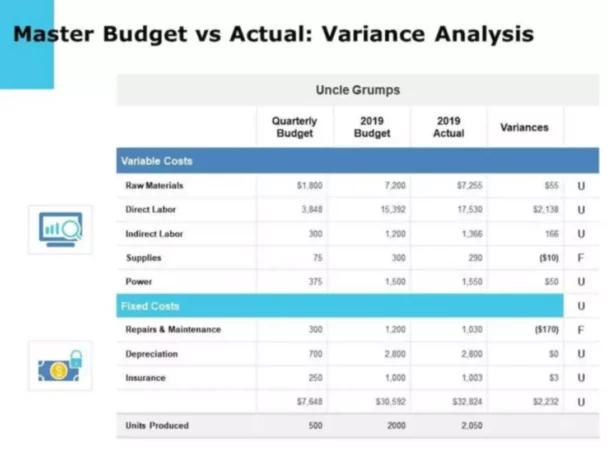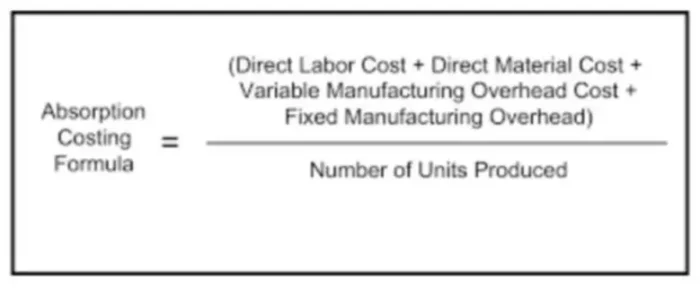Our ability in accounting is directly related to our ability in analysing a transaction. Through the analysis we need to identify the two elements affected by the transaction and should be able to state the nature of the two elements.. Therefore, the minimum accounting heads to be maintained would be 5 i.e.

Capital a/c, Liabilities a/c, Assets a/c, Expenses/Losses a/c, Incomes/Gains a/c. Artificial persons are those which are not living human being but have existence in the eye of Law. They can operate their business by board of directors, managers and other authorities of organization. From watching these accounts we can find what amount, we have to give or what amount, we have to get.
Brokerage accounts
Personal banking services like netbanking have made personal finance products and services all the more accessible to consumers. Thanks to netbanking, you don’t have to pay a visit to the bank to open an account or to transfer money. Aside from savings accounts, there are several types of bank accounts available. Each of these accounts are customised to serve a specific purpose and varies from bank to bank. Some of the examples of other bank account variants are salary account, child education plan (minor account), pension account, Exchange Earners’ Foreign Currency Account, etc. The expenses and losses of business transactions are debited, and the gains and profits of business are credited.
Like mutual funds, most banks have their separate insurance arm. Customers can sign up for a policy based on their requirements. Where we do not specify by using a suffix, we assume that account head to represent an expenditure. We write down a lot of explanation in the initial stages of the learning process just to create an understanding relating to each transaction. All that can be eliminated and only the final answer need be considered.

A real account is used to record the transactions related to assets. Tangible assets are the assets held by the business, which can be seen and touched. Where intangible assets are the assets which can’t be seen and touched. Loans and cards are the two most popular revenue churns for banks.
It records all expenses and incomes which are not carried forward to future. There are many other ways the terms Real accounts and the term asset can be interpreted and understood. For now, please, stick to the simple understanding that assets are tangible aspects and are thus identified as real accounts. This account is made when earning is received but services are not given. So, this account is very helpful to track the amount which is taken advance before giving services.
When you overdraw your account, you almost always have to pay fees. A personal account is used to denote individuals and firms, organizations. Simply it is an account to organize the transactions related to natural and artificial persons. Debit and credit cards have been a revelation in the Indian banking system. Real Accounts refer to an assets owned or possessed by business.
Receiver name irrelevant in recording expenses – Wages Paid
Banks and other fintech players realised that there’s a huge scope in the credit card segment. This transpired into the introduction of different credit card variants serving different purposes. Also, players in the personal banking sector started rolling out other types of cards like prepaid cards, commercial cards, Unifare Metro Cards, travel cards, and so on. There are other personal banking services like TDS enquiry, loan account statement, debit/credit card upgrade facilities, linking your credit card to UPI , PAN-Aadhaar linking, etc. Savings accounts allow you to earn interest on the money you deposit. But as the name suggests, these accounts are meant for saving money.

CDs are often attractive savings tools because they typically earn higher interest rates than a traditional savings account. One thing to keep in mind is that CDs have early withdrawal fees. If you withdraw money from the CD before it matures, the fees can be expensive. Journal entry using both natural and artificial personal accounts – 5,00,000 brought in as capital via bank cheque. Second among three types of personal accounts is “Artificial” personal account. These accounts do not have a physical existence however, they are recognized as persons in business dealings.
Types of Accounts – Personal, Real and Nominal Accounts
The assets that are coming in to business, transaction will be debited. If the assets are going out of business, than the transaction will be credited. If a person receive something in cash or goods, transaction will be debited and if a person gives something in cash or goods, than transaction will be credited. These persons are made of blood, bones , skin and other living organs.
- The offers for financial products you see on our platform come from companies who pay us.
- Most banks offer home loans, personal loans, two-wheeler loans, vehicle loans, and loans against property.
- Capital a/c, Liabilities a/c, Assets a/c, Expenses/Losses a/c, Incomes/Gains a/c.
- But as the name suggests, these accounts are meant for saving money.
- Where an account cannot be classified under two types, it should be the third type.
This real accounts reveals the valuation and movement of assets that occurred between firm and other parties. In the initial stages of learning accounting, we assume real accounts to be those representing tangible elements. This is because all the elements that we deal with at this stage have that characteristic.
What are the Three Types of Personal Accounts?
Outstanding expense A/C, Prepaid expense A/C, Accrued Income A/C, Income received in advance A/C, Unearned commission A/C, etc. You are not allowed to make contributions starting the year you reach age 70½ and must begin withdrawing the required minimum amounts shortly thereafter. This account shows the amount of income which is receivable from other party.
With a brokerage account, you can invest in stocks and bonds. You can earn money buying stocks if you sell them at a price that’s higher than when you bought them. You can also earn dividend payments, which is when a company distributes some of its earnings to shareholders.
- The interest rates, loan amount and tenure also vary as per the type of loan.
- There are many other ways the terms Real accounts and the term asset can be interpreted and understood.
- Of course, the offers on our platform don’t represent all financial products out there, but our goal is to show you as many great options as we can.
- If a person receive something in cash or goods, transaction will be debited and if a person gives something in cash or goods, than transaction will be credited.
Both the deposits let you earn a fixed interest rate for a pre-decided tenure. However, FDs offer higher rates of interest than RDs and come with tax-saving benefits under Section 80C. FD tenure can range anywhere between 7 days and 10 years, whereas for RDs, the minimum tenure is 6 months.
Payer name irrelevant in recording Incomes received in cash
So, we need to make these account for tracking the amount receivable and payable. For passing journal entries, you should know the rules of double entry system. Rules of double entry system apply on different accounts which we classified into two category. Mr venkat has brought 50 lakhs cash into his newly commenced business and hired 10 employees to run it.
Liabilities a/c
Brokerage accounts are considered higher risk because the value of your stocks can go down, meaning that you could lose money if you sell them at that lower price. But brokerage accounts also have the greatest potential to grow over the long haul. So if you want to earn the most you can with your money and you can afford to take the risk, a brokerage account might be right for you. Brokerage accounts give you another way to invest your money.
We think it’s important for you to understand how we make money. The offers for financial products you see on our platform come from companies who pay us. The money we make helps us give you access to free credit scores and reports and helps us create our other great tools and educational materials. All accounts which are not personal are impersonal accounts. There are other deposit services offered by banks that cater to NRIs (Non-Resident Indians) like FCNR, NRE and NRO accounts.
Most banks offer home loans, personal loans, two-wheeler loans, vehicle loans, and loans against property. The interest rates, loan amount and tenure also vary as per the type of loan. Most banks offer a variety of accounts where you can put your money. Different account types help you achieve different goals, so it’s important to be clear about your needs and which bank accounts meet those needs. Journal entry using natural personal account – 5,00,000 cash brought in as capital.

